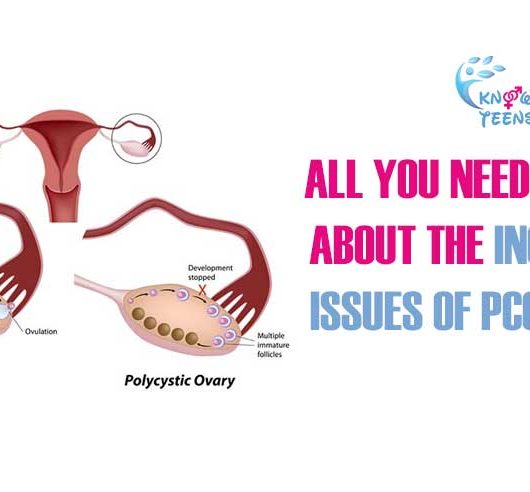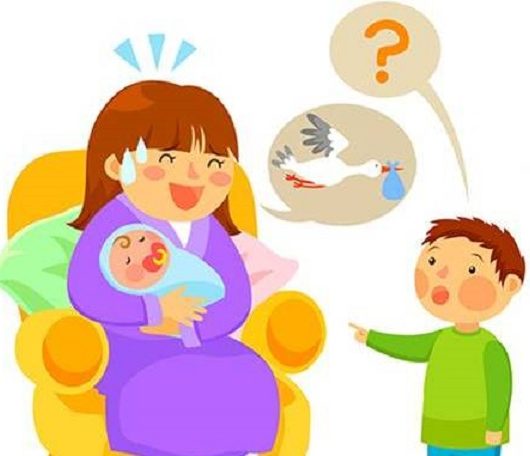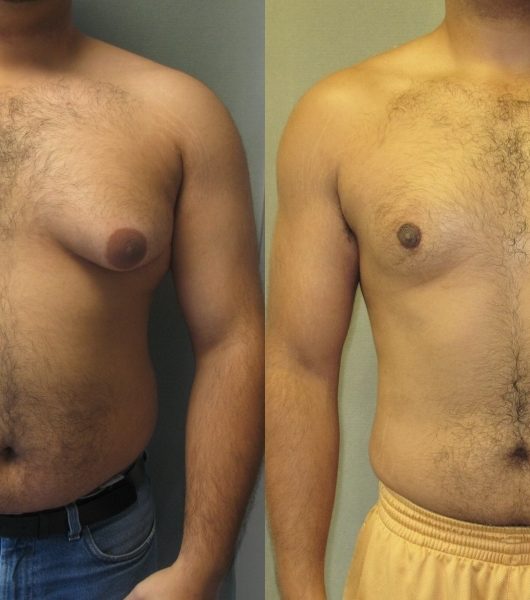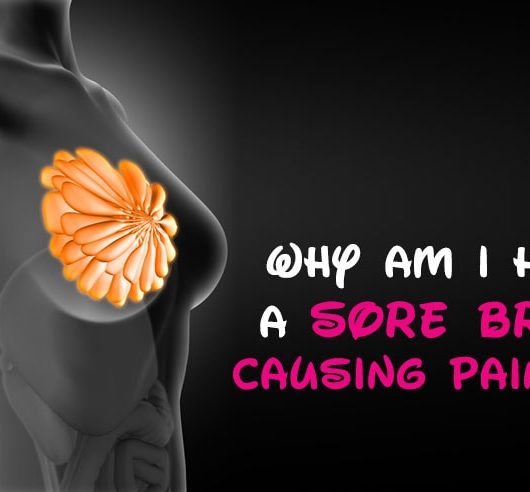Pampered for the wrong!!! Ignored for the needed!!! Are the minor boys being neglected for the good reasons?

A recent article in The News Minute shows how the POCSO (Protection of Children from Sexual Offences) Act in India works when both the parties involved in the sexual act are minors. According to POCSO, it is considered illegal to have sexual relations with children less than 18 years of age, even with consent. The girl involved in the case is treated as a victim, whereas the boy becomes the offender, even if he is under the age of 18. Several activists have claimed that the POCSO Act is discriminating the children based on gender, especially on cases of consent.
Click here to read in detail about POCSO Act
The main aspect of discussion in this regards is about the age of consent that allows the children to legally get involved in the sexual act. Globally the age of consent varies greatly, ranging from 11 years in Nigeria to 21 years in Bahrain. In some countries, the age of consent does not matter as it is legal to engage in sexual activities only if they are a married couple. In India, the age of consent was 16 years until 2013. Later, The Criminal Law (Amendment) Act, 2013 was introduced that increased the age of consent to 18 years.
Universally, it is believed that all the statutory laws regarding the sexual acts are biased towards the girls and offers more legal protection to them. Few jurisdictions have declared that the bias is valid considering the after effects of the sexual act such as pregnancy, physical injury or increased risk of Sexually Transmitted Diseases (STDs). Apart from the legal protection, the minor girls also get the necessary support from the family, school and the society in terms of explaining what physical and emotional changes they can expect when they are going through puberty. In spite of these, there are increasing numbers of sexual assault and rape cases, especially minor girls, which is a completely different story.
On the other hand, there are boys, who are pampered and often regarded superior for being born with male chromosomes, but never given a chance to learn about their own self. The boys are never told either by the parent, school or the society as to what kind of changes takes place within them physically and emotionally during adolescence. In a phase when the adolescent is creating a sexual identity, the genuine curiosity of the boys to learn about themselves and the opposite sex lands them in the wrong place such as internet, porn videos, etc. This further aggravates their sexual desire, which in turn can make them predators. A journal was published by the psychologist Mark Chaffin, who noted that the sexual acts by adolescents are mainly due to impulsion without understanding the consequences of it or reenactment of their own sexual abuse experience.
There are also cases, when the teenage couple engage in sexual act, but never taught about the outcome of it or about the contraception. When the girl is found pregnant, the Section 19 of POCSO forces the doctors and hospitals to report the same, irrespective of whether the pregnancy was aborted or delivered, so as to file the POCSO case against the offender (minor boy). In other instances, the family of the teenage girls takes advantage of POCSO Act to file a case against the boy (who is in relationship), even if no sexual relationship was initiated. In order to overcome such issues, certain jurisdictions outside India are considering the age gap between the sexual partners of minors. If there is a reasonable age gap, they are not considered as sexual crime. For example, the Australian consent laws allow the consensual sexual act between teenage couples of less than 2 years of difference.
With fast evolution and growing technology, it is imperative to reconsider our priorities with respect to dealing with child sexual abuse through POCSO. By introducing age appropriate sexual health education to both boys and girls, the children learn about the terms willingness and consent with respect to sexual act. Education empowers children; the girls (and boys) protect themselves from sexual predators and boys learn about the need for consent and gender equality.










